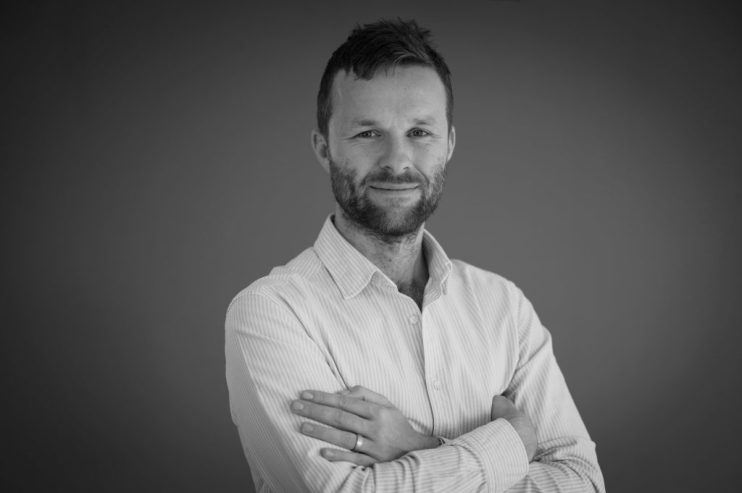Subsidies should not be relied upon to ramp up green aviation fuel production, says charter boss

The aviation industry should not rely only upon government subsidies to ramp up the production of sustainable aviation fuels (SAFs), according to private charter company Victor.
Produced from the likes of solid waste and food scraps, SAFs reduce CO2 by up to 80 per cent over their life cycle and are considered the best way to decarbonise aviation by 2050.
“If we look at the wider context of the UK economy, the government is trying to cut £33bn from spending at the moment,” Victor’s co-chief executive Toby Edwards told City A.M.
“We don’t know week to week how the UK Government’s decisions are going to change.
“So I think there’s a lot of risk in relying on government subsidies in order to scale up SAF.”
Edwards – who insists climate action is not just an ESG tagline for him or his company – said the SAF industry can flourish regardless of government help.
The chief executive’s remarks come a day after a group of UK airlines and airports called on the government to introduce a price cap as well as contracts for difference to ramp up the UK production of SAF.
The airlines’ remarks were backed by trade body Airlines UK.
“The reason why manufacturers need government subsidies is because they are concerned about the lack of demand for an expensive product [such as SAF],” he said.
According to Edwards, airlines as well as travel management companies and travel agencies can help the industry grow by giving customers the possibility to offset their flight by choosing green fuels.
“There is a significant cohort of fliers who are today willing to pay more to reduce their carbon footprint on their flight,” the chief executive explained.
Victor launched in June a partnership with Finnish SAF producer Neste to give its customers the opportunity to decarbonise their flights.
Through a “pay here, use there” model, one in five of Victor’s customers spend around an additional £837 on average to reduce their flights’ carbon footprint.
The company then collects all of the SAF purchased by its customers, sending the information to Neste, which in turns uses the transaction to fuel commercial flights with SAF.
“The sustainable aviation fuel by then bought will not necessarily be on the aircraft, it doesn’t matter per our model,” said Edwards.
“What’s important is that the sustainable aviation fuel is then burned by an airline very quickly in the most efficient way.
“It makes absolutely no sense to be shipping sustainable aviation fuel around the world to put it on the exact plane the person purchased.”
Commenting on Victor’s green aviation model, environmental group Transport & Environment (T&E) accused Victor of greenwashing.
“If only 20 per cent of Victor’s customers are choosing to use SAF, 80 per cent are not – meaning the majority of Victor’s flights burn fossil fuel,” Matt Finch, T&E’s policy manager, told City A.M.
“Victor could show some leadership and only use SAF as a matter of course, not rely on the hope that their customers – who are not short of cash – will pay more.”